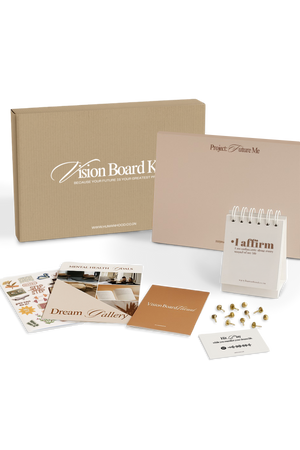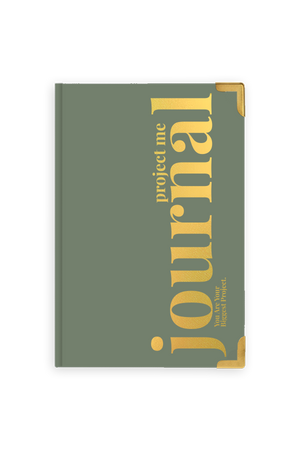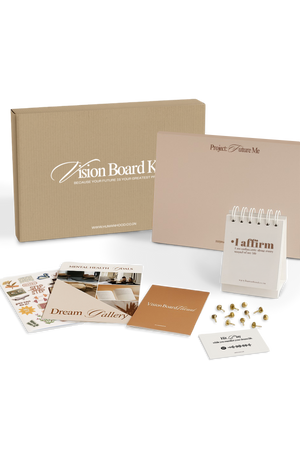Tracking your spending gives you an accurate picture of where you are spending. It helps you align where you would like to make your expenditures. While understanding your needs, wants, and desires is helpful, having a budget tracker gives you a clearer picture of the entire scenario. But there is a chance you may forget to factor in some crucial expenses while tracking your budget.
So, here is a list of seven expenses you can add to your expense tracker to get a clearer picture of your finances. Let’s go!
Housing or Rent
Whether you have rented a place or own a home, the cost of housing is one of the maximum expenses you make every month. In addition to the rent or mortgage you pay, you cannot discount the fact that you will need to buy insurance and pay for maintenance. So, this makes it an added expenditure to your rent or mortgage in your budget tracker. This part of the expense is not fixed and needs to be done as and when necessary.
Utility Bills
Utility bills are another crucial expense in your budget tracker related to housing. They include payments for:
- Electricity
- Gas
- Water
- Internet
- Cable connection or streaming services (if you have any)
The cost of these utilities depends on the way you use them, seasonal changes and their base rates. But no matter how variable these costs are, they can mess up your monthly budget if you have not prepared for it.
Transportation Costs
If you own a vehicle or use any other mode of transportation, you will want to include those in your budget tracker. If you own a vehicle or a car, factor in its insurance, fueling costs, tolls, and parking charges. If you travel by public transport, factor in your bus or train ticket fares or cab ride fare to your expense tracker. It is more like a variable daily expense but something you cannot forget to factor in.
Food And Groceries
Food and groceries are what influence your budget highly. They are variable expenses where you factor in the weekly grocery trip costs and your restaurant expenses. Make sure you jot down the money you spend on food, whether you cook or order in. It gives you the clarity on the amount you expend every month roughly on food and groceries.
Cell Phone Bills
Your cell phone is your portal to pay all your bills, but you cannot forget to factor in the money you spend on it too. The money you spend on your cell phone depends on the type of plan you use. They are fixed expenses and easy to budget for.
Health Care Plans
Your health is crucial not just to you but to your family as well. No illness comes with an invitation. Hence, set some of your funds aside for spending on your health in case something goes wrong. Take health insurance plans that can benefit you in the long run. So, make sure you add it to your budget tracker.
Debt Payments
If you are a credit card user or have taken loans, debt payments will also be a part of your monthly expenses. You cannot forget to factor in these payments, as not paying them on time may result in you making late payments and higher interest rates. Either way, it is crucial for you to add these payments to your expense tracker.
Emergency Funds
You can never predict a rainy day or an emergency. Thus, it is best to have an emergency fund. Budget a small amount towards your emergency fund every month. It will give you a little extra peace of mind. The amount you deposit in your emergency fund can vary, but you can try saving three to six months’ worth of expenses.




